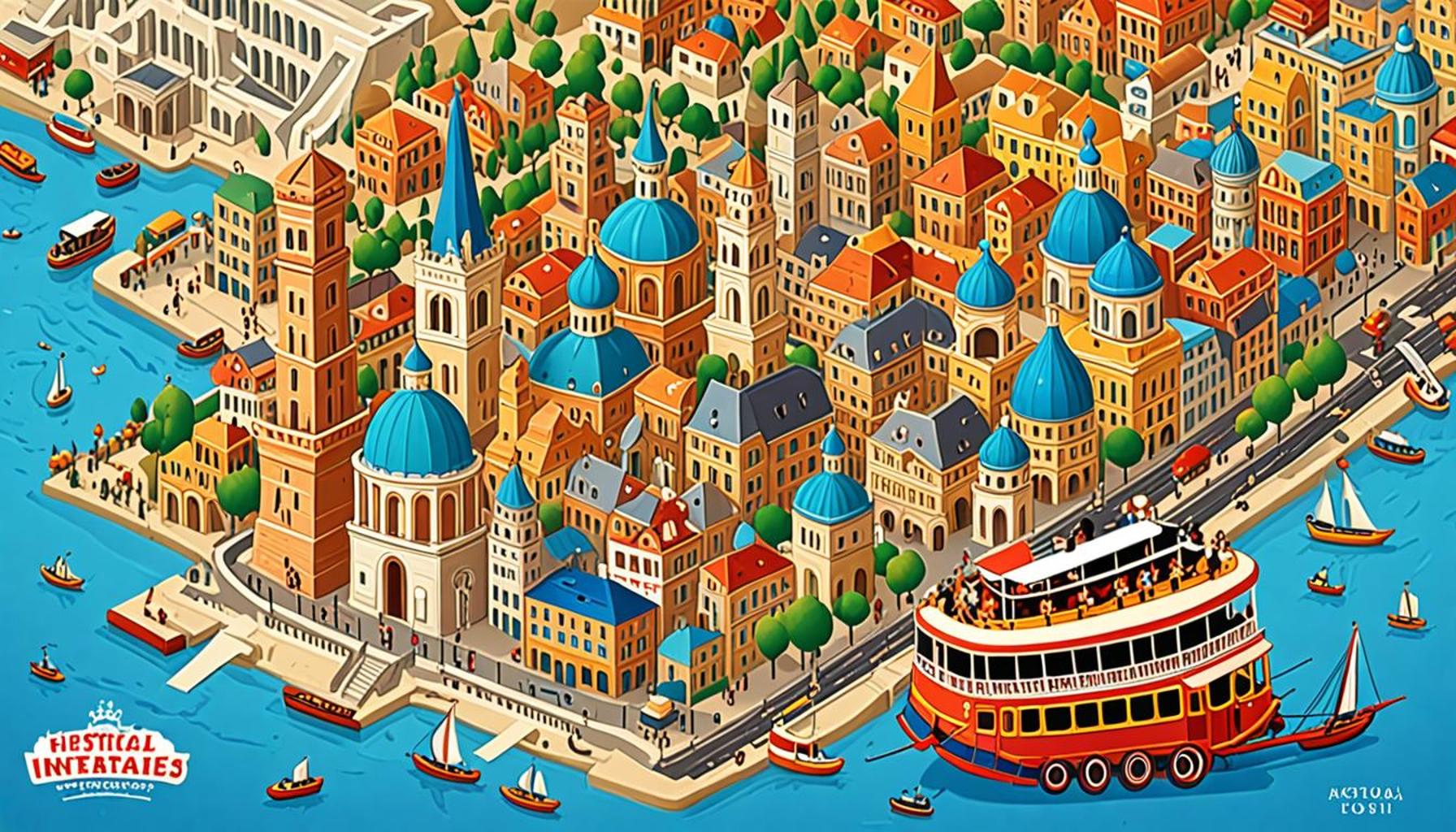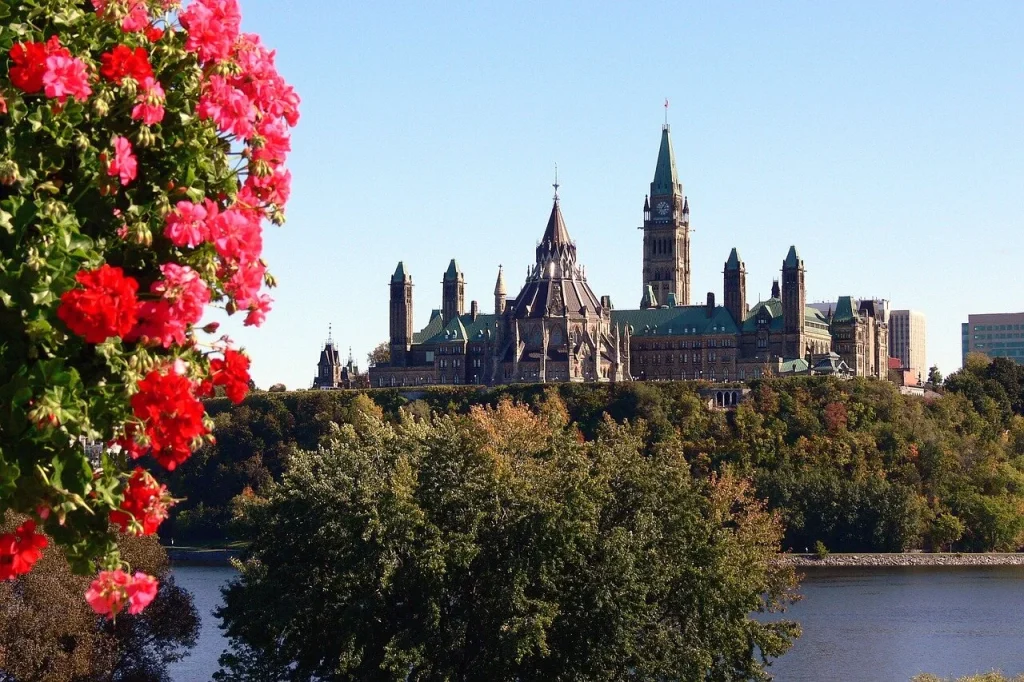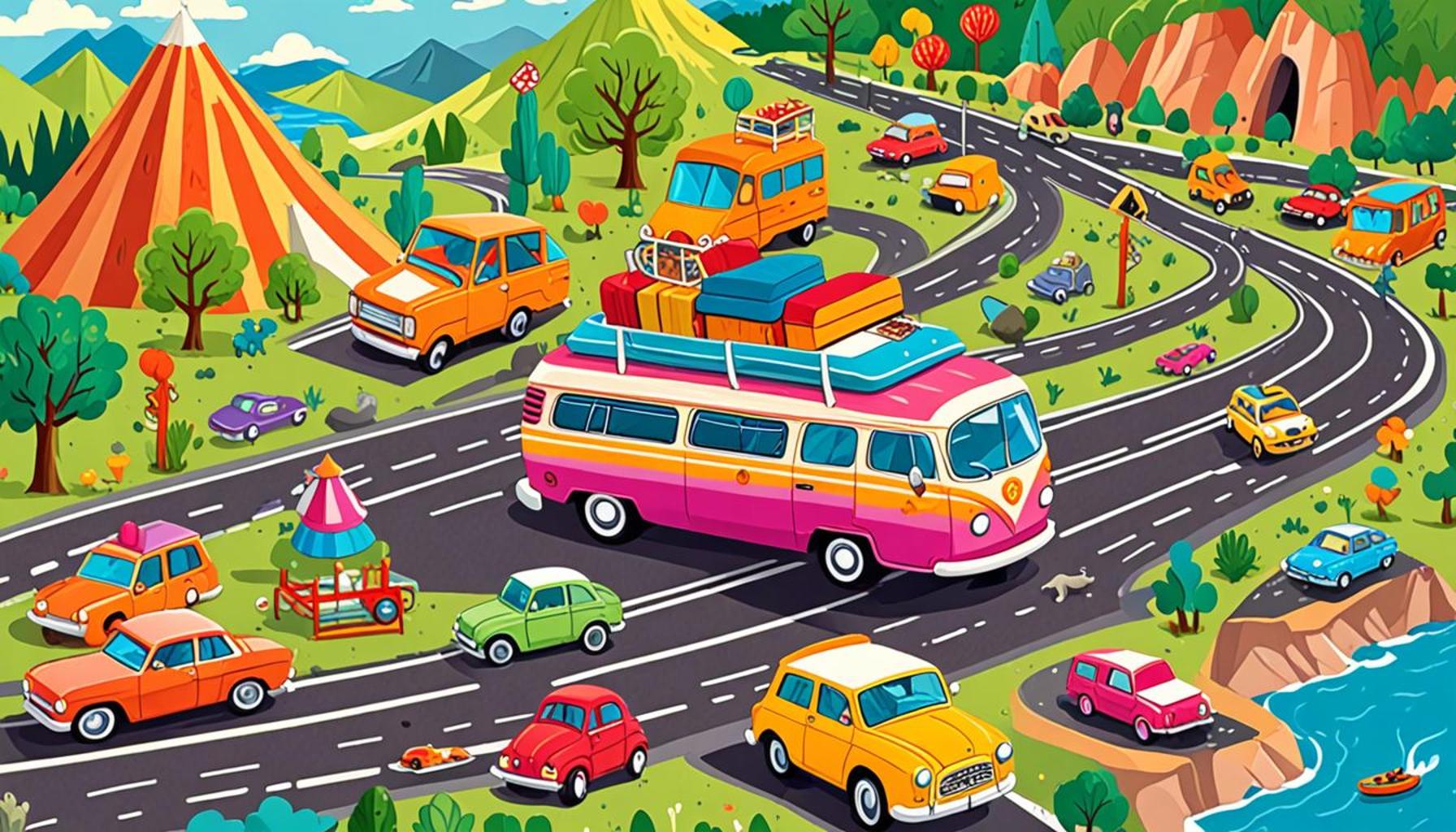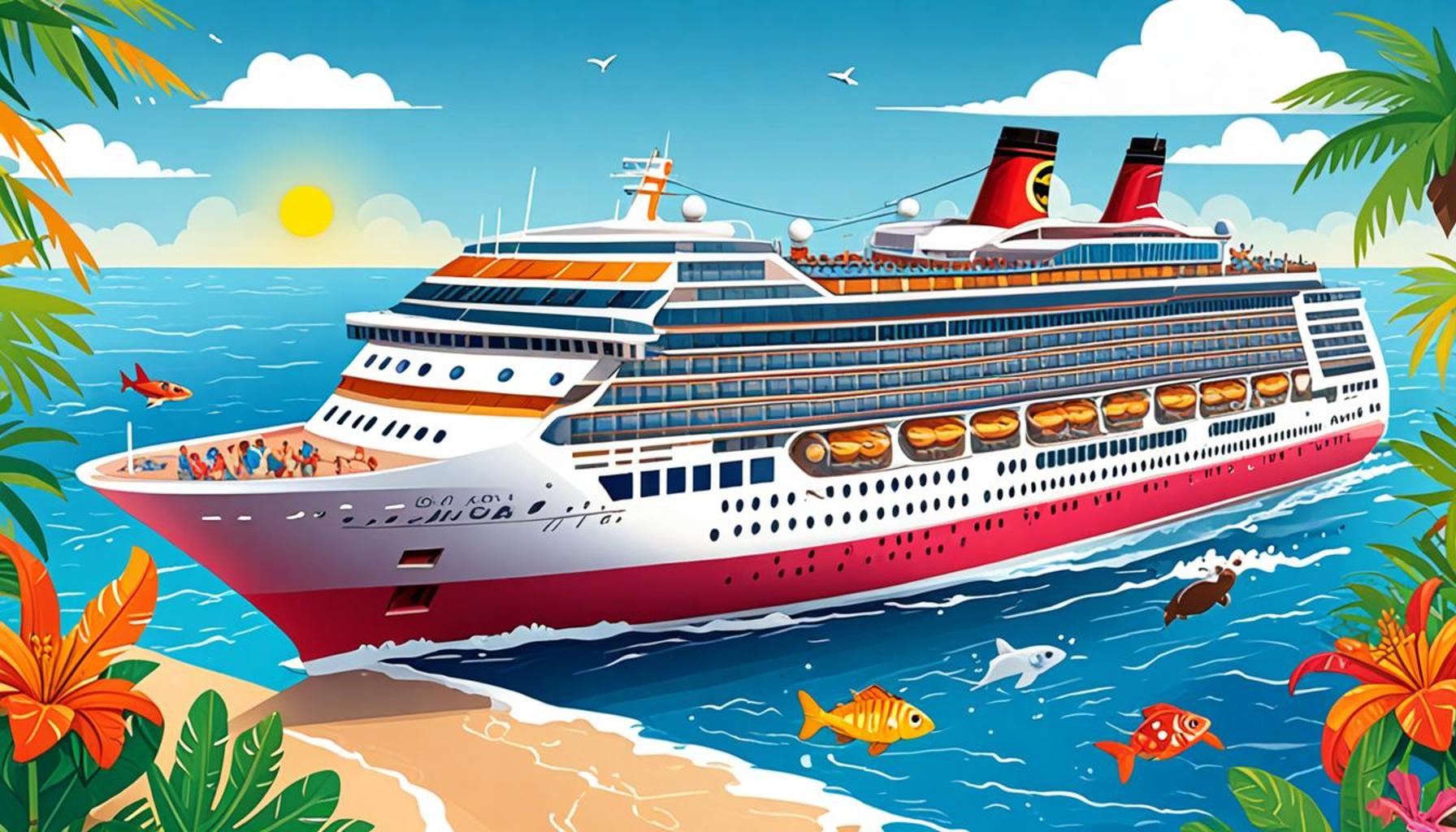Historical Itineraries: Family Trips to Cities with Cultural Heritage and Interactive Attractions

Exploring the Rich Tapestry of Cultural Heritage
Imagine wandering through streets that whisper tales of generations past, where cobblestone paths lead to vibrant marketplaces and majestic monuments. A visit to cities steeped in history offers families not just a sightseeing itinerary, but a tapestry of experiences that resonate across ages. The blend of education and entertainment is what makes these historical itineraries a must for families keen on understanding the world around them.
Why Choose Cultural Heritage Cities?
Cultural heritage cities are not just destinations; they serve as dynamic classrooms where families can learn together. Here are some compelling reasons to consider these locales:
- Interactive Attractions: Many historical cities boast interactive experiences that captivate both young minds and adults. For instance, participating in a Native American cultural workshop in Santa Fe can bring history to life in unexpected ways.
- Historical Significance: Each city is essentially a living museum, where one can delve into its historical narratives. From the Revolutionary War in Boston to the gold rush era in San Francisco, these places allow families to engage with past events in an impactful manner.
- Family Bonding: Discovering new cultures and histories together fosters connection. Whether it’s delighting in street food at local festivals or discussing the significance of an ancient architecture, these experiences deepen family ties and enrich perspectives.
Top Destinations to Explore
Across the United States, several cities shine brightly for their historical charm and cultural significance. Here are some standout destinations:
- Washington, D.C.: The nation’s capital is home to the Smithsonian Institution, which offers an array of museums and galleries that appeal to curious minds of all ages. Families can stroll down the National Mall and take in the iconic monuments that honor American history.
- Philadelphia: This city is often called the birthplace of America. Exploring Independence Hall and the Liberty Bell allows families to connect with the foundational stories of the nation. Don’t miss the interactive exhibits at the Museum of the American Revolution, which provides engaging insights into the struggles for independence.
- New Orleans: Famous for its vibrant culture, the French Quarter is a melting pot of traditions, music, and cuisine. Families can immerse themselves in the lively atmosphere of local festivals, tasting jambalaya while listening to live jazz, creating a multi-sensory learning experience.
Embarking on family trips to these culturally rich cities not only enlightens children about their heritage but also ignites curiosity and an appreciation for diverse cultures. So pack your bags and prepare to dive headfirst into the myriad adventures and stories that await, making memories that will last a lifetime!
DIVE DEEPER: Click here to discover cultural festivals across the U.S.

Unearthing the Layers of History
As families step foot into cities rich with cultural heritage, they embark on a journey that transcends time. These locales invite visitors to explore their multilayered histories through museums, monuments, and the remarkable stories embedded in their very foundations. Families who take on this adventure often discover a treasure trove of interactive attractions that bring history to life in vibrant and thrilling ways.
Engaging Experiences Await
One of the most compelling reasons to choose historical cities for family trips is the accessibility of engaging experiences that encourage participation and hands-on learning. Here are a few standout examples:
- Living History Museums: Many cities feature museums where actors recreate historical events, inviting families to immerse themselves in the past. For instance, Colonial Williamsburg in Virginia transports families to the 18th century, where they can interact with costumed interpreters, engage in colonial crafts, and even witness reenactments of pivotal moments in American history.
- Interactive Exhibits: Cities like Boston combine history with technology in museums that are designed to engage visitors of all ages. The Boston Children’s Museum, for example, offers hands-on exhibits that teach children about the city’s history through play and exploration.
- Walking Tours: Cities often offer guided walking tours that showcase historic landmarks while providing insights into local culture. Joining a themed tour, such as a ghost tour in Savannah, can add an element of intrigue while still focusing on historical narratives.
Uncovering Local Gastronomy
Food is another vital element that intertwines with cultural heritage, making culinary experiences a fantastic way for families to delve deeper into local traditions. Cities like Chicago and New Orleans present opportunities for food tours, where families can learn about the origins of iconic dishes, sample local flavors, and even participate in cooking classes. Understanding the stories behind these cuisines can enhance the family’s appreciation for the cultural nuances that shape a community.
Making Meaningful Connections
The shared experiences gained by exploring historical cities foster bonds among family members, transforming simple trips into enriching adventures. As children engage with their surroundings—whether it’s by testing their knowledge at interactive quiz booths in museums or discussing what they learned at a local historical site—parents benefit from these discussions as well. This knowledge-sharing moment not only bolsters learning but also crafts memories that can be cherished for generations.
Moreover, taking these historical journeys provides the younger generation with a sense of identity and perspective on modern society. By recognizing their roots and connecting with diverse cultures, families cultivate a greater appreciation for the world around them, championing an understanding that transcends country borders.
In many ways, travel through culturally rich cities acts as both an educational opportunity and an adventure. Families can expect to uncover stories, engage in local customs, and indulge in the flavors of culture that turn typical vacations into extraordinary educational journeys. As we continue to explore specific destinations that make this possible, families will not only find memorable sites but also ignite a lifelong passion for learning and exploration.
| Advantage | Details |
|---|---|
| Cultural Engagement | Traveling through historical cities allows families to experience rich cultural heritages, encouraging children to embrace diversity. |
| Interactive Learning | Many cities offer interactive attractions such as museums with hands-on exhibits that make learning about history both engaging and fun. |
| Memorable Experiences | Exploring historical sites together can create lasting memories for families, providing stories to share for years to come. |
| Strengthening Family Bonds | Traveling enhances family communication and experiences, encouraging teamwork through shared activities in a cultural setting. |
| Adventure and Exploration | Each city presents unique adventures, from exploring ancient ruins to participating in local festivals, fostering curiosity and a sense of discovery. |
DISCOVER MORE: Click here for family-friendly getaway ideas
Building Bridges Through Cultural Exchange
As families traverse these historical cities, they often find that cultural exchange goes hand-in-hand with their immersive experiences. Engaging with local communities can provide an entirely new dimension to the journey, allowing for meaningful interactions that deepen understanding of the local heritage. Festivals, fairs, and other community events often take place in historically rich cities, offering visitors unique opportunities to witness and participate in local traditions.
The Power of Festivals
Participating in cultural festivals is an exhilarating way for families to experience the heartbeat of a city. For instance, the vibrant Mardi Gras celebrations in New Orleans are not only visually stunning but also encapsulate the city’s rich cultural narrative. Families can engage in parading, enjoy live music, and taste delectable dishes reflective of the diverse Louisiana culture. Similarly, the Albuquerque International Balloon Fiesta provides a colorful backdrop steeped in tradition, where families can learn about the local indigenous cultures while enjoying enchanting balloon displays.
In Boston, the annual Boston Harborfest celebrates the city’s maritime history, inviting families to explore various exhibitions, enjoy an arts and crafts fair, and participate in interactive pirate-themed activities—perfect for adventurous children. These events serve as living classrooms where families can connect both with one another and with residents who share their stories, further enriching the travel experience.
Local Workshops and Craftsmanship
Another excellent avenue for families to connect with local culture is through hands-on workshops that highlight traditional craftsmanship. Cities like Asheville, known for its thriving arts scene, offer families the chance to engage in pottery classes, craft their own stained glass windows, or explore woodworking workshops. These activities not only allow participants to create tangible keepsakes, but they also provide insight into the histories and techniques behind each craft, enhancing familial bonds through shared creative experiences.
- Pottery Classes: In historic towns like Santa Fe, families can learn traditional Pueblo pottery techniques, tapping into centuries-old methods while creating their own unique pieces.
- Bread Baking Workshops: Cities like Philadelphia invite families to partake in baking their famous soft pretzels, where kids can discover the significance of food in shaping community identity.
- Textile Weaving: Boston’s textile arts scene has workshops that echo the city’s industrial past, allowing families to create woven goods that tell a story of cultural heritage.
Exploring the Arts and Architecture
Art and architecture serve as vital elements of a city’s historical narrative and a family’s exploring itinerary. Cities like Washington, D.C., provide insights into cultural heritage through iconic landmarks such as the U.S. Capitol and the Lincoln Memorial. Families can take guided architectural tours that highlight not only the artistic styles but also the historical context surrounding these monumental structures.
Furthermore, museums across the United States continue to innovate by introducing programs specifically designed for families. The Smithsonian Institution, for example, is a treasure trove, featuring interactive exhibits tailored for younger audiences that communicate complex ideas in relatable ways. As families tour the various museums, they craft their own narratives, fostering deeper connections with both the exhibits and each other.
Ultimately, these experiences culminate in new forms of understanding and appreciation for the intricate tapestry of cultural heritage. Through festivals, workshops, and engagement with the arts, families not only enrich their personal narratives but also celebrate the shared human experience that binds communities across generations.
CHECK OUT: Click here to discover unforgettable family cruise adventures
Conclusion: Embracing the Past for a Richer Future
In the journey of familial bonding and discovery, historical itineraries offer a unique pathway to engage with the past while creating lasting memories. As families explore cities steeped in cultural heritage, they uncover vibrant stories and traditions that shape the collective narrative of each community. Festivals, hands-on workshops, and the majesty of art and architecture serve not only as educational experiences but also as catalysts for interaction and understanding among diverse cultures.
The power of a shared experience, whether it is partaking in a lively street festival or crafting a handmade token of local heritage, fosters deep connections within families and with the communities they visit. Young travelers are particularly privileged as they engage with history not through textbooks, but through genuine, immersive experiences that stimulate curiosity and empathy.
Venturing into historical cities across the United States enriches family life by serving as a reminder of the rich tapestry of cultures and traditions that define the nation. As families embrace these opportunities, they weave their own stories into the fabric of each destination, ensuring that the lessons of the past are both honored and celebrated.
So, whether it’s the vibrant streets of New Orleans or the artistic charm of Asheville, a family trip designed around cultural heritage promises not only adventure but also an invaluable education. Each visit encourages families to look beyond their own backgrounds and engage in meaningful cultural exchanges, paving the way for a more interconnected world. With every journey, may families find inspiration, connection, and a deeper understanding of the shared human experience that enriches our lives and future.


